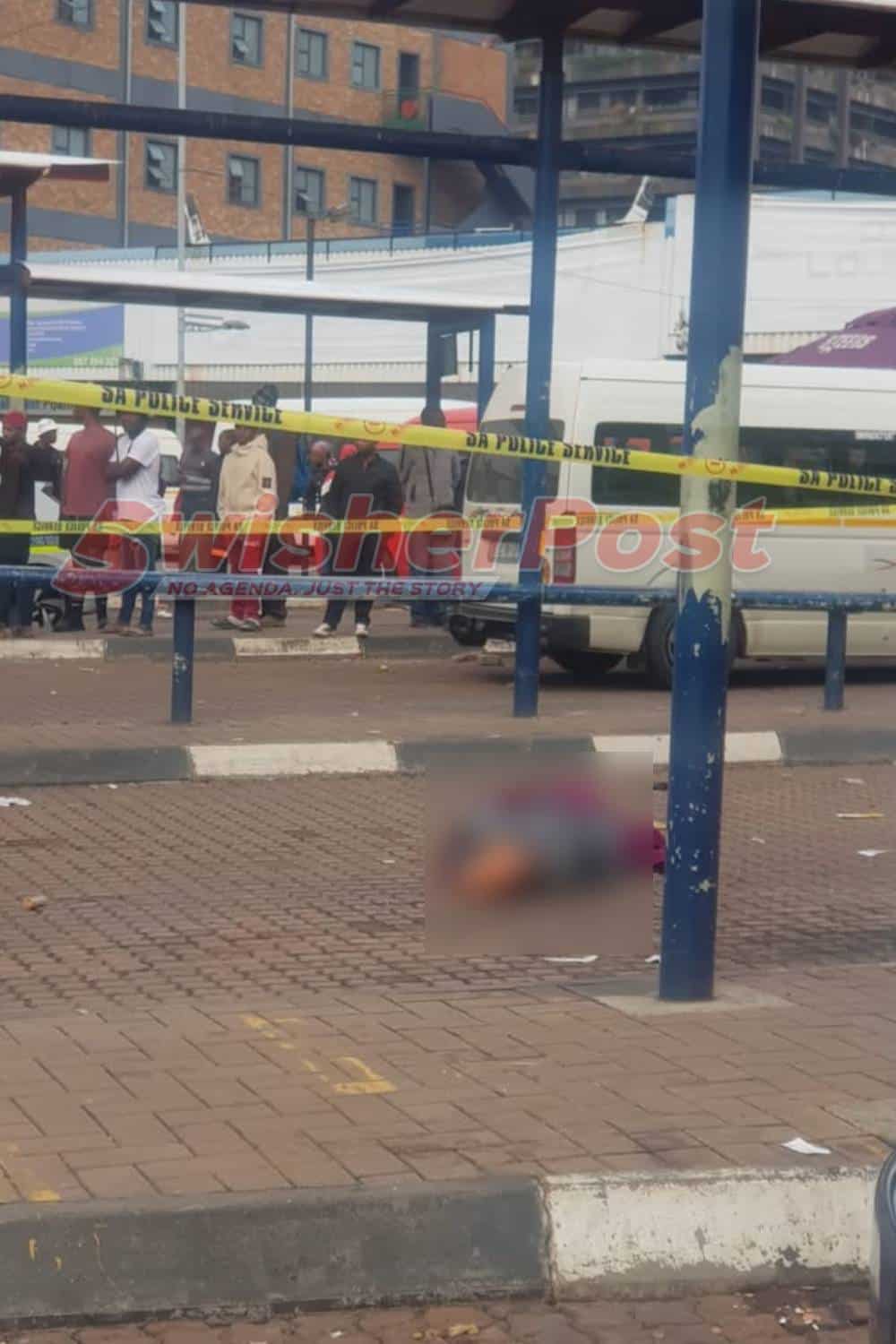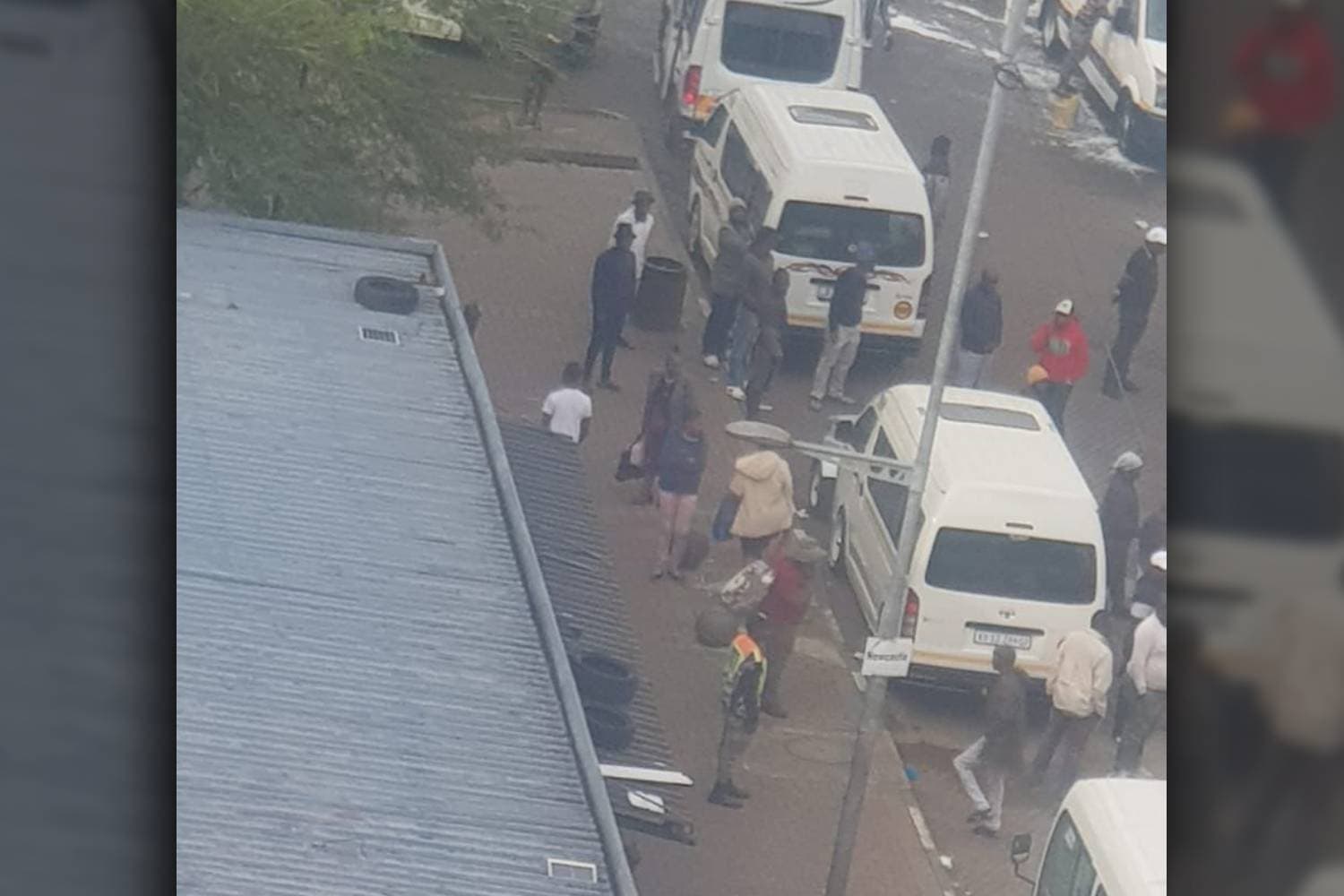The Doornfontein taxi rank in Jeppestown has become a crime scene following a deadly shooting that claimed four lives and left three others injured.
UPDATE: This article has been updated with new information from law enforcement officials and more context on the possible motive behind the shooting.
Doornfontein taxi rank shooting: Here’s what we know
The incident, which occurred at 07:00 on Thursday, has been confirmed by police as taxi-related violence.

According to Gauteng Provincial Commissioner Tommy Mthombeni, two of the deceased were bystanders, while the other two were connected to the taxi industry, possibly a driver and a manager.
One of the injured victims remains in critical condition.
This attack is believed to be linked to another shooting in Zonkizizwe, Ekurhuleni, where three taxi drivers were shot and killed the night before.
Investigators say the conflict involves long-distance taxi associations, with two taxis—a Toyota Quantum and a Siyaya Super 16—engaging in a shootout between Zonkizizwe and Silahliwe stop sign.
A third taxi was attacked three kilometres away, but the driver survived.
Law enforcement agencies, including the Provincial Taxi Violence Unit, are now investigating whether these incidents are part of a larger conflict between rival taxi associations.
Despite the violence, taxi services at the Doornfontein rank are still operating, but commuters have been urged to avoid the area as the situation remains tense.
Taxi violence in Gauteng explained
Taxi-related killings have been a persistent issue in Gauteng, driven by competition over routes, financial disputes, and leadership struggles within taxi associations.
A 2021 report from the Commission of Inquiry into Minibus Taxi-Type Service Violence, led by Judge Jeremiah Shongwe, highlighted major concerns:
- Taxi associations control operations without legal authority, often using violence to eliminate competitors.
- Hitmen (Izinkabi) are frequently hired to carry out assassinations, using high-calibre firearms—some of which are state-issued weapons.
- Law enforcement has struggled to intervene effectively, with allegations of corruption, bribery, and weak investigations.
- Many taxis operate without proper licenses, and municipalities fail to regulate taxi ranks.
One of the key recommendations from the inquiry was the implementation of a taxi-specialised SAPS unit, which is currently active. However, recent events suggest that taxi-related violence continues despite these measures.
Authorities have urged anyone with information on the recent shootings to come forward, as the investigation into these violent attacks continues.
